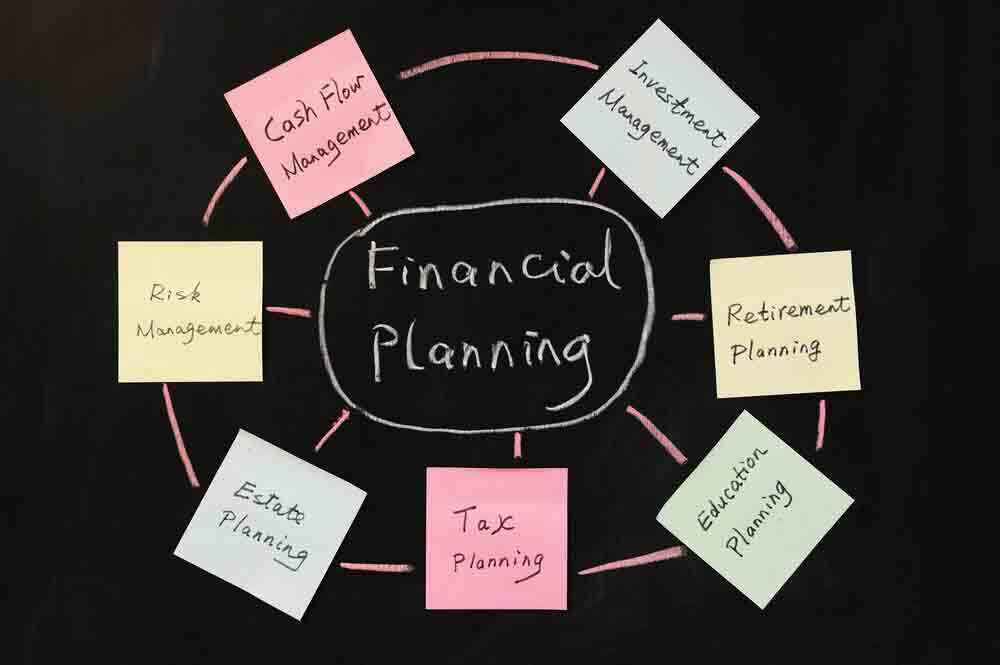A personal financial plan is a road map for managing your finances to guarantee long-term financial security. As your financial foundation develops, a sound plan can assist you in making wise financial decisions.
For a person to succeed, wealth creation and future planning are crucial. Many people, however, believe they lack the aptitude to maintain and expand their financial resources effectively. The truth is that there are only five easy measures that anyone can do to save money, eliminate debt, and strengthen their financial position.
5 Steps Of Financial Planning
Understand Your Financial Situation
Your understanding of the financial approach moving forward is influenced by how your funds currently stand. Take an inventory of your income, expenses, and debt to determine your financial standing.
List your assets, including the worth of any investments you may have, your property, and the contents of your checking and savings accounts. List all your debts, including mortgages, credit card bills, and other loans.
To determine where the money is going and what else you’ve left over at the end of the month after paying your bills, compare your revenue and spending.
You can set financial objectives by determining whether your assets can pay off your debt and whether you will have extra money to invest and save at the end of the month.
Set Your Goals
Setting your financial goals is the second step in the financial planning process. Your financial objectives have to be particular to your circumstances and indicative of where you wish to be in the future. Your financial condition should be taken into account when setting your goals. Setting both long and short-term goals is also crucial.
The next stage is to decide which of your financial goals are essential in terms of priority and how long each plan is anticipated to take. Your financial objectives may occasionally be interdependent.
Finally, consider how much money is needed to accomplish each objective. This process may seem overwhelming to some people. However, it’s critical to comprehend the consequences of reaching your financial goals.
Research Your Strategies
Before you save and invest, pay off any high-interest bills as soon as possible. You can achieve this using the debt avalanche, snowball, or consolidation strategy.
Second, if you don’t already have one, think about opening one. These accounts encourage regular deposits so that you can accumulate money for future emergencies or other large needs.
Put Your Action Into Plan
Take some time to analyse your plan now that you have one. Consult a financial consultant to check your calculations and discover if you’ve missed anything.
Talk to a trustworthy person, such as a close friend or family member, if you cannot afford one. Put your financial strategy into action after you know it is sound.
Monitor Your Progress
Plans alter and evolve just like life does, which is why financial planning is a thing in the first place. The plan becomes a piece of history essentially once it is created. Because of this, the strategy needs to be periodically reviewed and adjusted. Consider the potential life changes you face, such as marriage, childbirth, work changes, and more.
Changes to your financial plans or new perspectives may be necessary due to these life events. Consider things out of your control, like tax regulations, inflation, interest rates, stock market swings, and economic downturns.
Conclusion
The best probability of a reasonable conclusion comes from financial planning that adheres to a clearly defined and documented strategy. Although it won’t ensure either, it will give you the chance to pursue both. It calls for careful consideration, focus, and competence.









